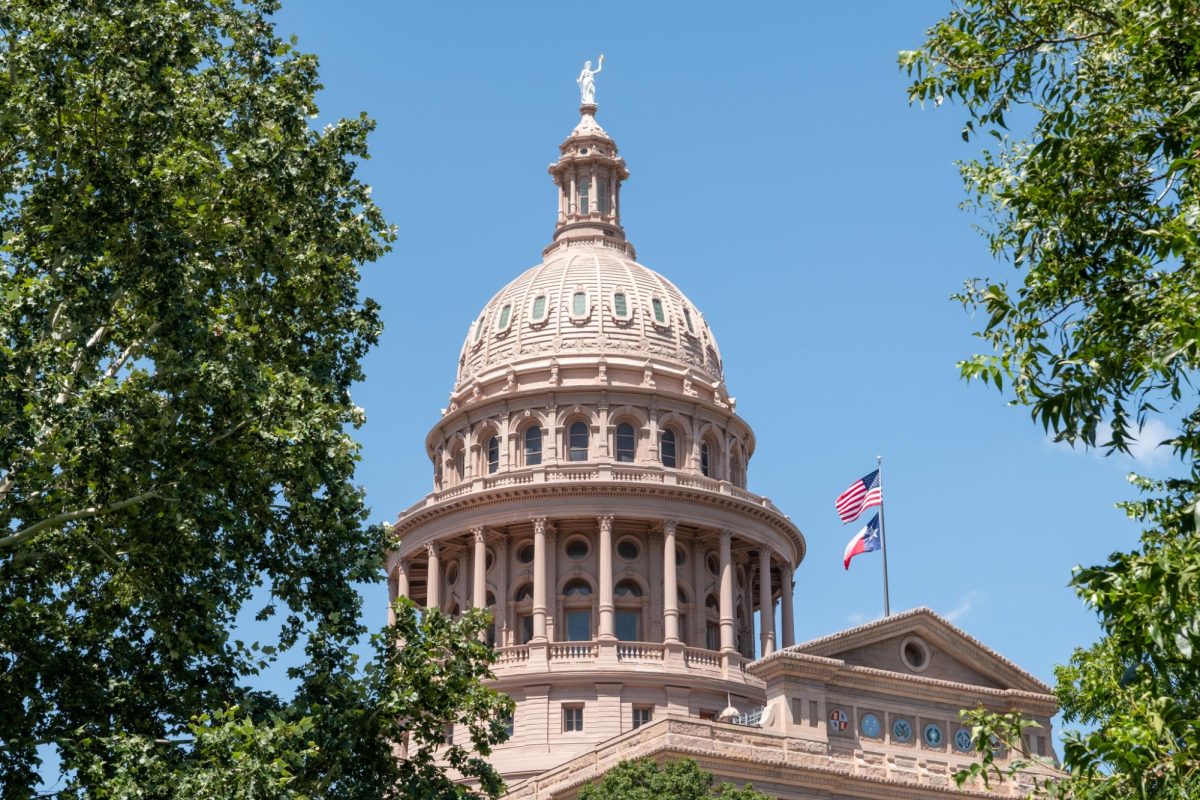Former Multicultural Engagement Center agencies are demanding that the University reestablish the MEC, affirm job security for former center staff and return privately sourced money, according to a Feb. 2 joint Instagram statement.
The MEC closed on Jan. 1 due to Senate Bill 17 after serving the UT community for 36 years. The statement was a collaboration between five agencies the MEC previously housed: Native American & Indigenous Collective, Queer and Trans Black Indigenous People of Color, Latinx Community Affairs, Afrikan American Affairs and Asian Desi Pacific-Islander American Collective.
Liany Serrano, a Latinx Community Affairs special events co-chair, said the former agencies felt the University administration over-complied with SB 17. She said there was a lack of transparency and communication from the University. MEC agency leaders were informed of the closure on Dec. 31. The University declined to comment.
“The MEC has never been a place of exclusion in any way, shape or form,” public health senior Serrano said. “For them to say that this has to be shut down because of compliance with SB 17 just is not true.”
Serrano said many of the former MEC staff now work at the Center for Leadership and Learning.
“If you were to ask me, ‘What are they doing? Do they feel safe in their job security?’ Honestly I don’t know,” Serrano said. “I don’t know if they were absorbed into those positions just so they wouldn’t get fired or if they were actually needed there.”
Luis Santos, a LCA special events co-chair, said multiple former MEC staff members have tried to find new jobs because of the uncertainty around their new roles.
The former agencies lost access to University funds allocated to them through the MEC as a result of SB 17, but the agencies didn’t expect their privately sourced funds to also be tied up, said Kennedy Cortez, co-director of the Native American & Indigenous Collective. They said the NAIC lost over $2,000 of privately sourced money.
“We’re having to fight to get our money back that we have fundraised with grassroots efforts (and) with other organizations outside of UT,” neuroscience senior Cortez said. “(It’s) wrong in the sense that it violates those people that have been donating to us. It’s another abuse of power.”
Government sophomore Santos said the agencies took measures, such as dissociating with the MEC before Jan. 1 to ensure the MEC’s compliance with SB 17 so the center could stay open in the new year.
Serrano said she believes it’s important for the MEC to exist because, beyond its agencies, it provides a sense of community and access to resources for professional development, leadership development, scholarships and health.
People still meet in the former MEC space. However, without the University reestablishing a center, Serrano said she’s afraid the space will disappear.
“If (people are) not directly referring their friends to come here all of the time, the history will (not only) be lost, but also people will straight up stop coming because they don’t know that it exists,” Serrano said. “When you have something recognized officially, it’s on a map for people to find. If the people who are coming in and out don’t share this, it’s going to be completely lost.”
















